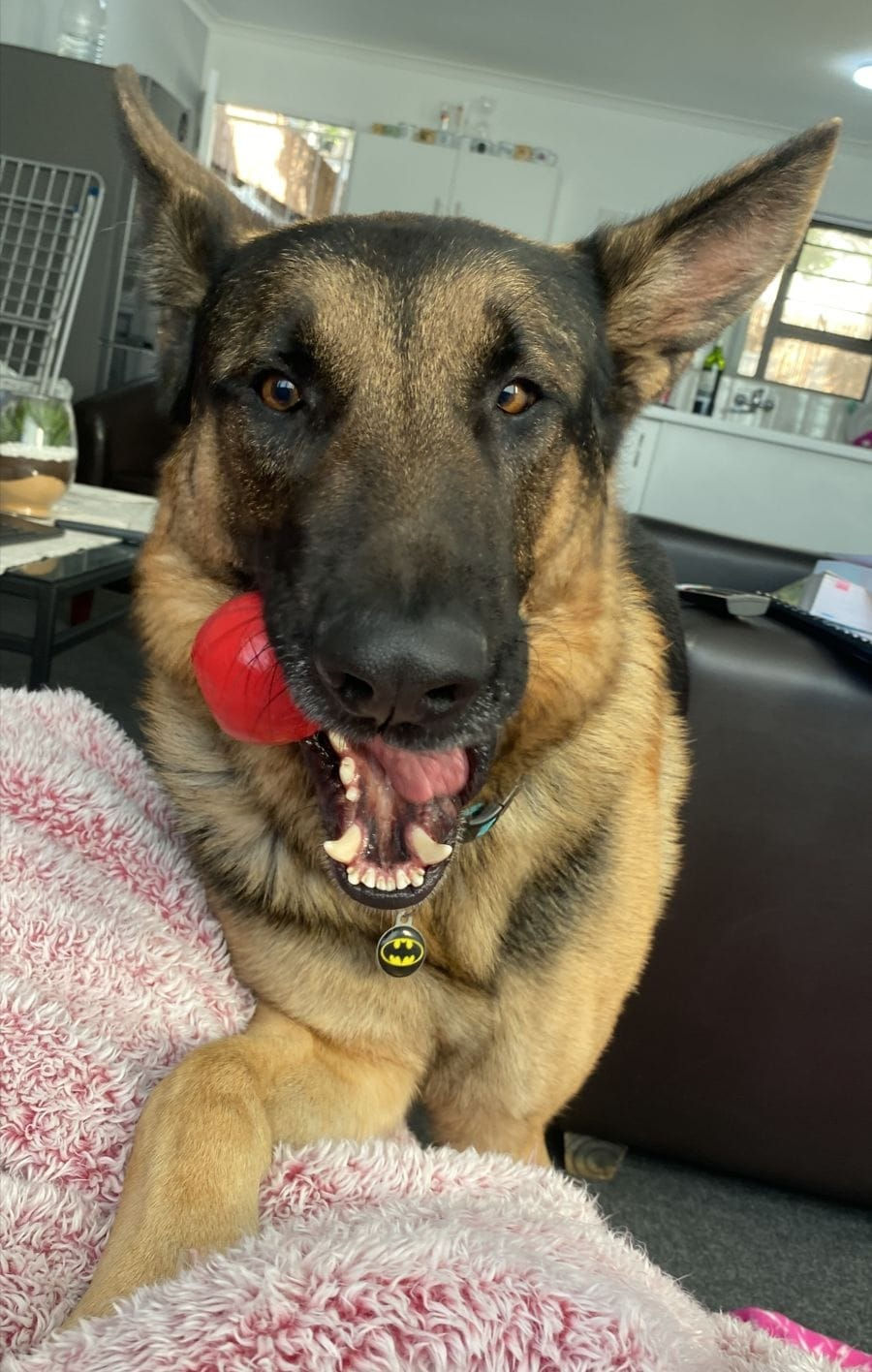Why should I brush my dog's teeth if they never did so in the wild?
- Dr Suné Olivier, BVSc

- Feb 18, 2025
- 2 min read

The answer is simple: Because wild carnivores get dental disease just like dogs if their teeth aren't looked after.
Aside from anecdotal evidence from wildlife veterinarians, several studies have proven that wild carnivores aren't precluded from suffering from dental disease: One study (https://doi.org/10.1016/j.vas.2020.100100) analysed a collection of Iberian Wolf skulls from a museum in Portugal and found that nearly all of the specimens had evidence of dental disease.
Another study (https://repository.up.ac.za/.../Emslie_Dental_2020.pdf...) closer to home investigated dental disease in living wild serval and also found evidence of dental disease including tooth wear, tooth fractures and dental calculus in the majority of the subjects.
Another report (https://doi.org/10.1177/089875649901600201) suggests that wild African Wild Dogs suffer from similar dental diseases as their captive counterparts, and that a "wild diet" is not protective for dental disease.
We often see misguided comments from individuals who claim that dental interventions are unnecessary because "wild animals' teeth are healthy, and no one is brushing their teeth." We can see from these studies that this assertion is not true.
What we can conclude from this information is that active dental care is very important for our domestic pets (this includes tooth brushing, dental chews and professional dental cleanings). After all, we want our pets to have a much longer and healthier lifespan than the average wild carnivore!
If you are worried that your pet may have dental disease, we offer free dental checks* . Be sure to book your appointment!
021 2020 572
082 699 0377
*By appointment only. T's and C's apply.


Comments